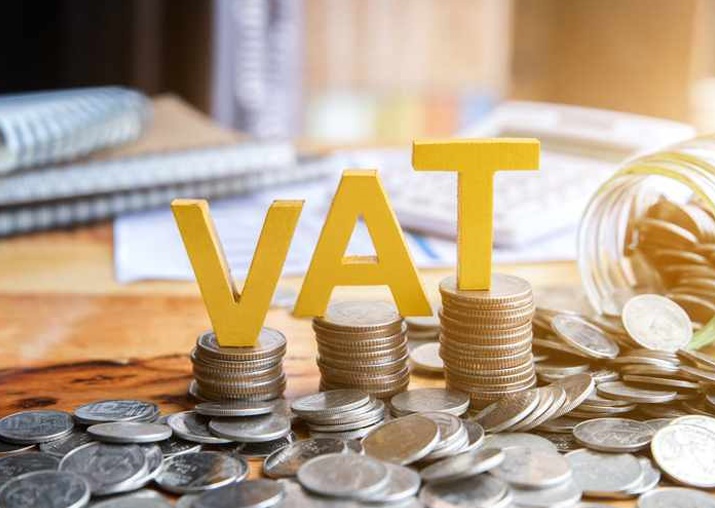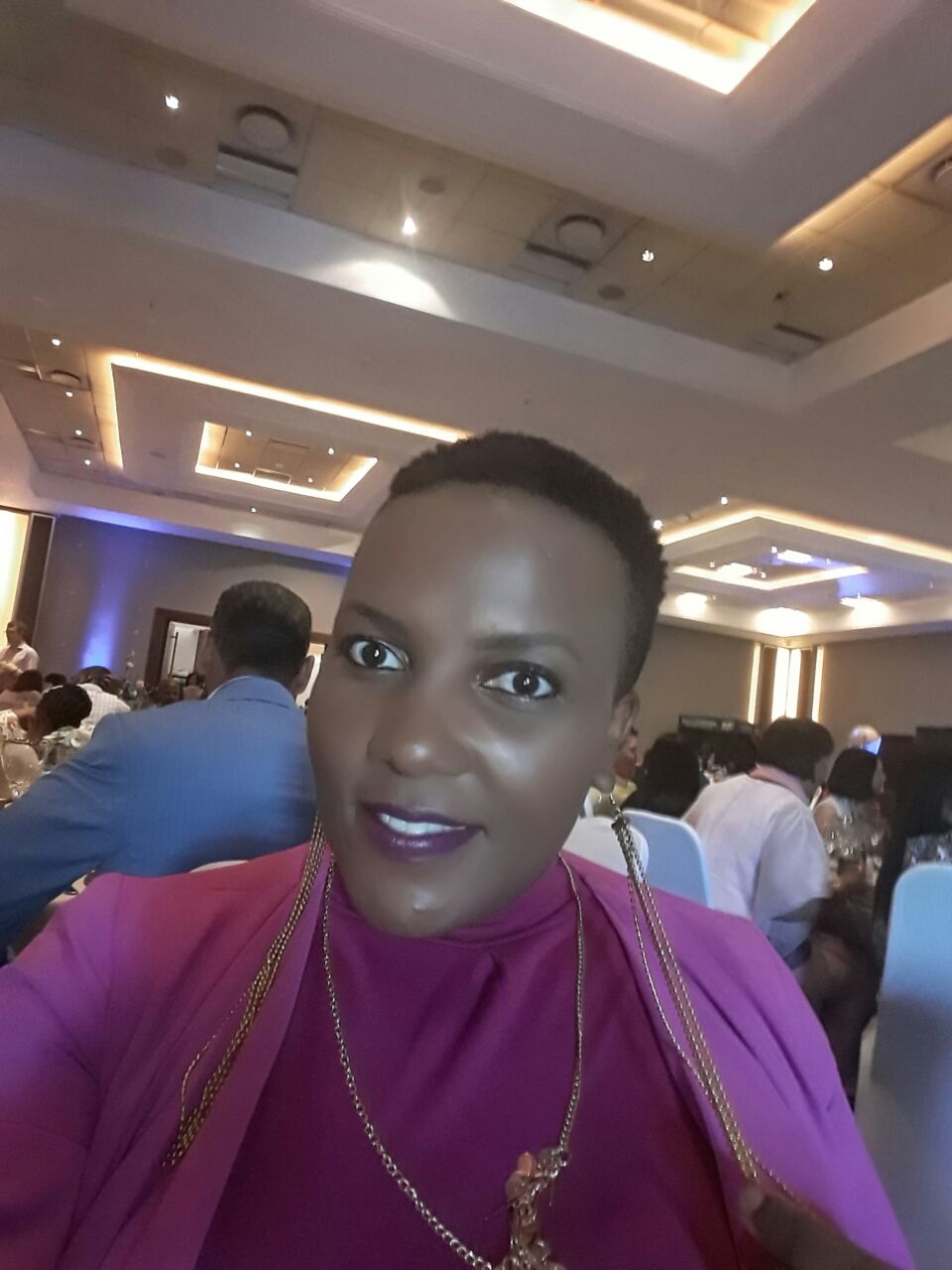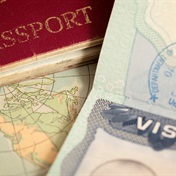
A 1% increase in VAT is enough to create financial nightmares for the already struggling Ngcibi family in Port Elizabeth, Eastern Cape.
Zusakhe Ngcibi is an unemployed mother of four children; her husband is a security guard. The family of six relies on the government’s child support grant for all the children and her husband’s meagre salary. From April they will face an even harder economic battle when 15% VAT is effected.
Economists and citizens alike expected a VAT increase announcement ahead of the budget speech this week, with widespread speculation and panic over the amount. For the first time in 25 years Finance Minister Malusi Gigaba announced a VAT hike from 14% to 15% in his maiden budget speech on Wednesday.
This was Treasury’s way, among other increases, to boost South Africa’s economic shortfall. But the 15% VAT would not apply to 19 basic food items, including dried beans, samp, maize meal, rice and brown bread, but it would be felt by all social classes.
Ngcibi said a R20 increase in the child support grant would not improve her family’s quality of life.
“A rise in social grants won’t make a difference. In January I spent all of my children’s social grant money on school stationery. My eldest, who is in Grade 6, still has some outstanding books that I need to buy, including a preschool uniform for one of the other kids.”
Ngcibi said she could not afford to buy food with her children’s social grant money but her husband provided food for the family.
“If their father wasn’t working, our suffering would be severe,” she said.
With 15% VAT to be effected from April, the mother of four said she would have to be discerning with the household budget.
“Clothes are essential and it is going to be difficult to afford clothing for all of my children. We will have to opt for cheaper toiletry brands, for example.
She bemoaned the unemployment statistics.
“Some people want to commit suicide because they cannot survive financially.”
Despite not owning a car, the Ngcibi’s would be indirectly affected by the fuel levy increase. This would be reflected in food prices and other commodities compounded by the 15% VAT.
Meanwhile, the Phakathis from Protea Glen, Soweto, Johannesburg, said they would also bear the brunt of this week’s VAT increase, especially in these tough economic times.
Busisiwe Phakathi is a mother of two girls aged one and nine. Both Busisiwe and her husband are employed. But she is not pleased with tax changes made by Treasury. Despite paying the bond and other inevitable bills, Phakathi foresees financial strain.
“First, the petrol price is already a struggle because it goes up and down. Sometimes I think about using public transport but it’s not reliable,” she said, adding that the 52c a litre fuel levy to be effected in April would hurt.
Regarding the VAT increase, Phakathi said she might have to opt for cheaper brands or buy groceries and toiletries in bulk. Nappies and formula for my one-year-old is already expensive; it’s going to be hard, she said.
The Phakathis are ice suppliers to local restaurants and taverns.
“The people who buy our ice are already complaining about the price.
“We had a meeting with them after the budget speech because from April we will have to increase the price.”
As a social drinker, she said the 6% excise duty increase on alcohol would also hit her. “They’re killing us! This [alcohol] is therapy,” she said, adding it was going to be ridiculously expensive to buy drinks.
Mike Schussler of Economics.co.za said everybody would be affected by the looming 15% VAT rate but poor families would be worse off.
“We are all under pressure because South Africa has the highest tax burden in the world, high unemployment rate and high inequality.
“We need more efficiency from government; we can’t continue taxing people more. If it continues it means VAT will increase to 16% in three years’ time.”
Already, he said, South Africa had one of the highest personal income taxes in the world, excluding countries that import and export oil.
“We’ll have to make tough choices. If you’re poor and you buy white bread, it’s a choice. It’s also better to buy a whole chicken because it’s cheaper.”




 Publications
Publications
 Partners
Partners










